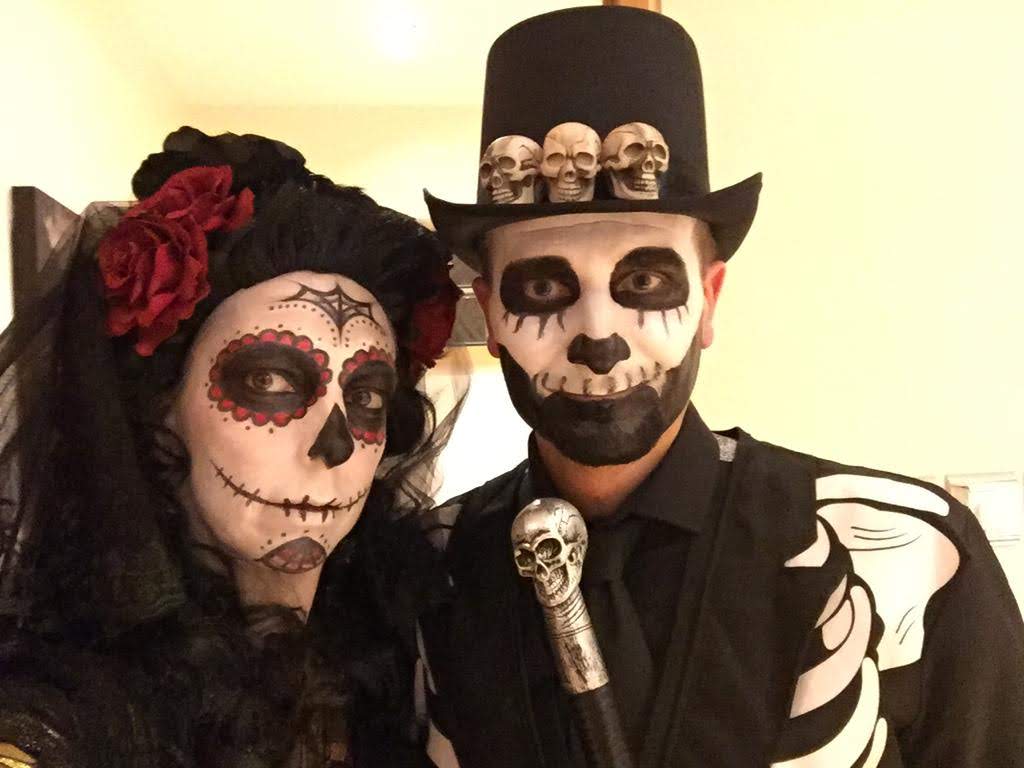Equality Forgotten
Fascinating op-ed in the NYT:
On a speaking tour in 1917, Ireland’s foremost suffragist, Hanna Sheehy Skeffington, told audiences that “it is the only instance I know of in history when men fighting for freedom voluntarily included women.”
The progressive leanings of the Rising’s leaders were evident in the language of the Proclamation of an Irish Republic read aloud by Pearse on the steps of the General Post Office. Addressed to “Irishmen and Irishwomen,” it guaranteed “equal rights and equal opportunities to all its citizens.” At a time when women in most of the world had yet to secure the right to vote, this guarantee was no trivial thing.
It took six days for British troops to quell the rebellion. Sixteen rebel leaders were executed soon after, among them Pearse and the movement’s greatest champion of equality, the socialist leader James Connolly. It would take six more years and much more bloodshed before Ireland won limited independence in the form of the Free State, in 26 of the country’s 32 counties. Although activism by women expanded rapidly during this tumultuous period, with membership of Cumann na mBan, the Irish nationalist women’s paramilitary organization, growing from between 650 and 1,700 in 1916 to as many as 21,000 in 1921, they were not rewarded for their efforts.
The equal rights language of the Proclamation did make its way into the 1922 Constitution, and Irish women over 21 achieved full voting rights that year. But with the progressives dead, the Free State government, heavily influenced by the Roman Catholic Church, began rolling back these rights almost as swiftly as Elizabeth O’Farrell’s boots were erased from that photo.
Laws in 1924 and 1927 largely excluded women from sitting on juries. In 1932, a marriage ban was introduced that forced women who worked as teachers or civil servants to retire upon marriage. The 1935 Conditions of Employment Act limited women’s ability to work in industry.
But it was the 1937 Constitution, drafted under Prime Minister Eamon De Valera’s leadership, that sealed women’s fate for decades. As commander of the Boland’s Mill outpost in 1916, De Valera had been the only leader to refuse women’s participation in the Rising. Now with Article 41 of the Constitution, which reads “by her life within the home, woman gives to the State a support without which the common good cannot be achieved,” he closed the door on women’s progress in a more definitive way.
